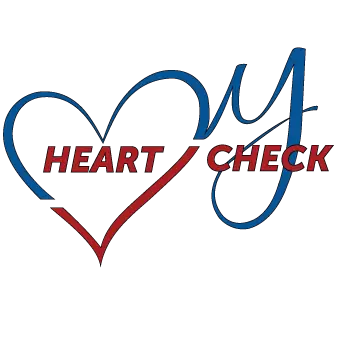It has been routinely discussed what needs to be done in order to prevent sudden cardiac arrest (SCA) and how to react when faced with such a drastic situation. Increasing testing, training, and knowledge all help the cause. But one factor continues to be the biggest help: funding. Whether it be schools or government, money to pay for increasing awareness has been the highest contributor. And we see how with this bit of news.
On the 22nd of February, the Government of Canada announced it will provide $10 million in funding for a four-year initiative that will allow the Heart and Stroke Foundation to coordinate the installation of, and training for, automatic external defibrillators (AEDs) across the country. This ensures that more public places are equipped with AEDs, and that people know how to use them. Also, they launched the Public Access to Defibrillation (PAD) program, to donate at least one AED to every municipality in a three-year initiative. The locations will also link 911 dispatchers so they can be contacted easily.
Over 95% of cardiac arrest victims die without an electric shock to the heart. While something like this can be rare in the grand scheme of things, the uncertainty of its occurrence is where preparedness becomes extremely important. Should the illness befall someone in a coffee shop, restaurant or bus station, the Canadian government is taking great strides in assuring that no matter where it happens, necessary measures can be taken to save a life.
Tales of tragedy avoided have already begun to be sent to the foundation. Dustin Heinrich suffered SCA, but thanks to his wife’s quick reaction, she called 911 and administered CPR until the paramedics came, when they used a defibrillator to save his life. Also the story of Anna Shanh, who, thanks to the presence of an AED at the YMCA, survived cardiac arrest and is now an avid volunteer and spokeswoman for the foundation.
It’s as simple as that. Knowing the proper steps and how to react can help save a life. Call 911, administer CPR and, thanks to the Canadian government making them readily available in public places, use an AED. The next life you save could be someone you love.
In Good Health,
Eric Schroeder
